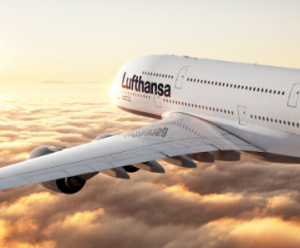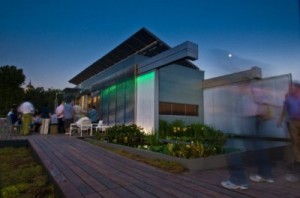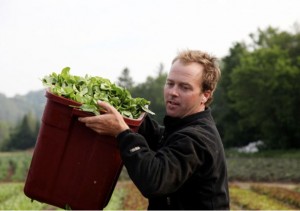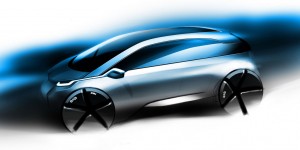 Last week, Lufthansa launched a six-month biofuel trial on regular scheduled flights. Christoph Franz, Chairman and CEO of the Lufthansa Group, said: “Lufthansa is the first airline worldwide to use biofuel in scheduled daily flight operations. We are thus continuing to steadily implement our proven and successful strategy for sustainability.” A Lufthansa Airbus A321 with the registration D-AIDG will fly the Hamburg-Frankfurt-Hamburg route four times daily. One of its engines will run on a 50/50 mix of regular fuel and biosynthetic kerosene. The biofuel for jet engines has been approved by the American Society for Testing and Materials (ASTM). During the six months test run period, the use of biofuel will reduce CO2 emissions by up to 1,500 tonnes.
Last week, Lufthansa launched a six-month biofuel trial on regular scheduled flights. Christoph Franz, Chairman and CEO of the Lufthansa Group, said: “Lufthansa is the first airline worldwide to use biofuel in scheduled daily flight operations. We are thus continuing to steadily implement our proven and successful strategy for sustainability.” A Lufthansa Airbus A321 with the registration D-AIDG will fly the Hamburg-Frankfurt-Hamburg route four times daily. One of its engines will run on a 50/50 mix of regular fuel and biosynthetic kerosene. The biofuel for jet engines has been approved by the American Society for Testing and Materials (ASTM). During the six months test run period, the use of biofuel will reduce CO2 emissions by up to 1,500 tonnes.
As air transport is the only mode of transport that will remain dependent upon liquid fuels for the foreseeable future, the aviation industry and the research community must develop and test alternatives. “Fossil raw materials are finite,” Franz cautioned. He added that next to reducing CO2 emissions the main aim of this long-term operational trial, was to examine the effects of biofuel on the maintenance and lifespan of aircraft engines. The biosynthetic kerosene used by Lufthansa is derived from pure biomass and consists of jatropha, camelina and animal fats. The fuel used by Lufthansa is produced by Neste Oil, a Finnish oil company. Neste has extensive experience in the production of biofuels and has been a successful partner of Lufthansa for many years. Suppliers must provide proof of the sustainability of their processes and meet the criteria stipulated by the European Parliament and the Council in the Renewable Energy Directive. Lufthansa guarantees that the production of its biofuel is not in direct competition with food production and that no rainforests are destroyed.
The use of biosynthetic kerosene is one element of the four-pillar climate protection strategy pursued by Lufthansa with a view to reducing overall CO2 emissions in the air transport sector. By combining a range of different measures – for example, ongoing fleet modernization, technology improvements to aircraft and engines, operational measures such as engine washing or the use of lighter materials and an improved infrastructure – Lufthansa aims to achieve the ambitious environmental goals set out in its strategy. The implementation of new technologies has seen Lufthansa improve its fuel efficiency by over 30 per cent since 1991. Source: Valere Tjolle , Sustainable Tourism Report
PRESIDIO GRADUATE SCHOOL ANNOUNCES NEW PRESIDENT







 Lantern
Lantern




